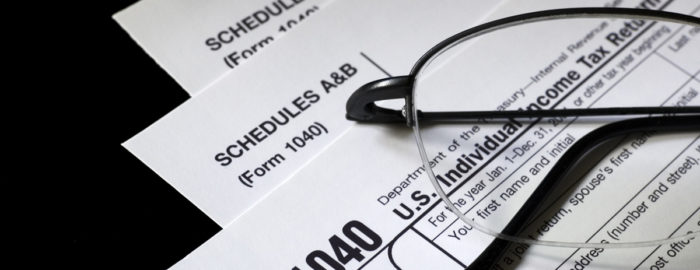The bank’s or lender’s purpose for making loans is gaining clients who will repay them as a disadvantage they are not worried about tax deductions. This makes good business for the bank or lender, but how are you supposed to know?
Most of us who own a home or those who are wanting to buy are aware that there are some tax benefits associated with owning a home. Enacted in 1913, mortgage interest and property taxes have been deductible expenses from federal income tax.
Under the current law, homeowners can deduct interest on Acquisition Debt which is the amount of debt you incurred to buy, build or improve your first or second home up to $750,000. The amount of this initial acquisition debt decreases as you make payments. It cannot be increased again unless you borrow additional funds that are used only for capital improvements.
It is not an uncommon tactic for homeowners to refinance their homes for whatever reason. You can do it to get a lower interest rate to lower your payments or remove your mortgage insurance. But if you are borrowing additional funds beyond the buy, build or improve distinction, the excess is considered your personal debt and that interest is not tax deductible per the IRS.
In light of the 2017 Tax Cuts and Job Act, a higher standard deduction was implemented for most tax payers. It is estimated that 90 percent of homeowners elect to use it instead of itemizing because they cannot meet the deductible base percentage.
At the end of the year when your lender reports to you the amount of interest that you paid, it can become a confusing issue. The amount is probably very accurate but your bank does not know it if is all qualified mortgage interest or not.
It is your job as a homeowner to keep track of your outstanding acquisition debt and your activities and know whether part of your balance is considered personal debt or not.
Another important area is if you lost a property due to foreclosure, deed in lieu of foreclosure or a short sale. The provisions of the Mortgage Forgiveness Act have been extended through 12/31/20 which exempts forgiven debt from being considered income that would make it taxable. However, the Act only applies to acquisition debt. Any part of a mortgage refinance that is considered personal debt could be taxable in that situation.
As an example, let’s say that you originally borrowed $300,000 to purchase a home that you owned for 15 years. During this time, the home appreciated significantly, and you refinanced it twice. Once, you made some improvements and took out cash to pay off personal loans and the second time, it was only a cash out.
| Original acquisition debt | $300,000 |
| Remaining acquisition debt including improvements | 225,000 |
| Unpaid balance on current mortgage | $550,000 |
| Personal debt | 325,000 |
In the above example, the personal debt of $325,000 would be considered income if you foreclosed and would be recognized as income on that year’s income tax return.
If you have never refinanced your home or have refinanced it but never taken any money out of it except to make capital improvements, your unpaid balance in most likely all acquisition debt. However, if you have refinanced your home and pulled money out of it for purposes other than capital improvements, those funds may be considered personal debt.
This article is for your informational purposes only. If you are unclear about the current acquisition debt on your home or need advice for your individual situation, contact your tax professional or I can refer you to one. Additional information can be found in IRS Publication 936, Home Mortgage Interest Deduction.
Want Some Insider Information on Fairfax VA homes for sale? Get a FREE Market Snapshot Report of Your Northern Virginia Home’s Value, or Search All Northern Virginia Homes For Sale. Put that data you need at the tips of your fingers!


